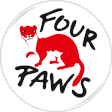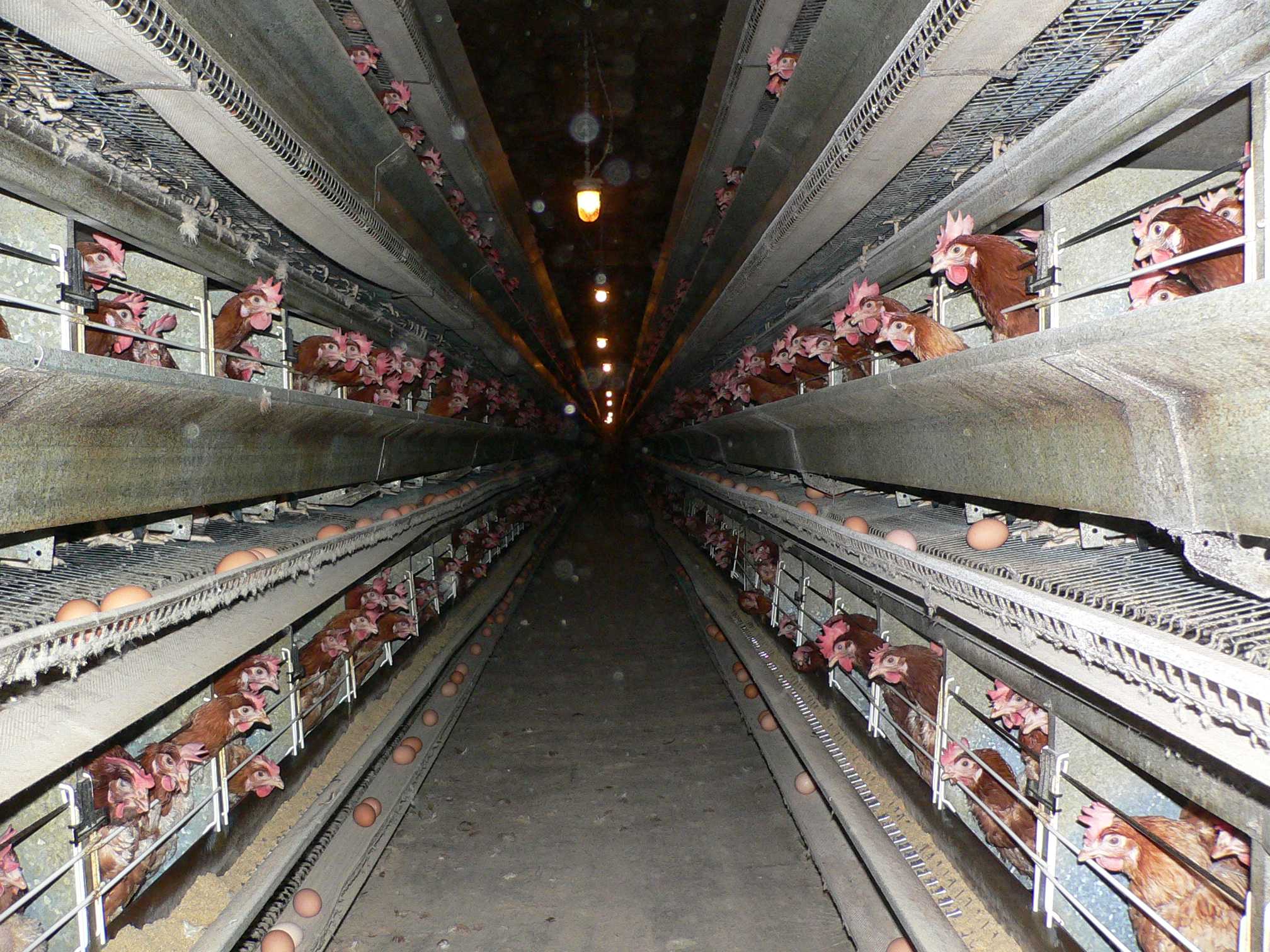The South African Poultry Association (SAPA) commissioned the National Agricultural Marketing Council (NAMC) to draft a report, which they claim shows that a transition from the current cage egg system to a cage-free system could decrease the South African egg industry by up to 36%. This report is being used to influence national policy. However, they refuse to make the report available. FOUR PAWS believes that this may prevent South Africa from moving forward to cage-free egg production.
We feel that it is in the best interest of South Africans and animal welfare that this report be released to the public, so that the methodology behind the research can be assessed, and to ascertain whether the findings therein are factually correct, transparent and holistic.
We need your help to make this report public. Seeing as the Report is being used to influence policy decisions of the Department of Agriculture, FOUR PAWS submitted a formal Request for Access to Record with NAMC under the Promotion of Access to Information Act 2 of 2000, requesting access to the full report. Our request was refused on the grounds of intellectual property, sensitive commercial information, and confidentiality. However, public interest can outweigh these grounds and we need your help to show the Information Regulator that South Africans care how their food is produced and how chickens are farmed.
Corporations involved in the egg industry owe us a duty of transparency and accountability. However, the public is generally unaware of how their food is produced. Public interest dictates that consumers have a right to be informed about the rationale behind how their food is produced and how such production impacts our health, animal welfare, the environment, our finances, our cultural preferences, food safety, and antimicrobial resistance, so that South Africans may make informed choices about the food they consume.
Egg producers have an obligation to be transparent and truthful about their production methods, and to ensure that their claims are not exaggerated or otherwise misleading to consumers.
By signing this petition, I show that I have an interest in how the eggs South Africans eat are produced, and I feel that the Report should be made available to the public.
In 2020, South Africa’s layer flock stood at 28.89 million hens. 95% of layer hens in South Africa live out their lives in battery cages, confined to a space smaller than an A4 size piece of paper for the duration of their productive lives, unable to do anything other than eat and lay eggs. In 2022, South Africans consumed 562 million tonnes of eggs.
Chickens used for egg production are subjected to various cruel practices, including, but not limited to being confined in battery cages, the mass culling of male chicks, beak trimming, toe removal, excessive exposure to light, and overstocking. The housing systems used in egg production, as well as stock density, have an impact on which management practices are used within an egg production facility. Cruel practices within the egg production sector adversely effects not only animal welfare, but also the environment, human rights, consumer protection, and food quality and safety.

